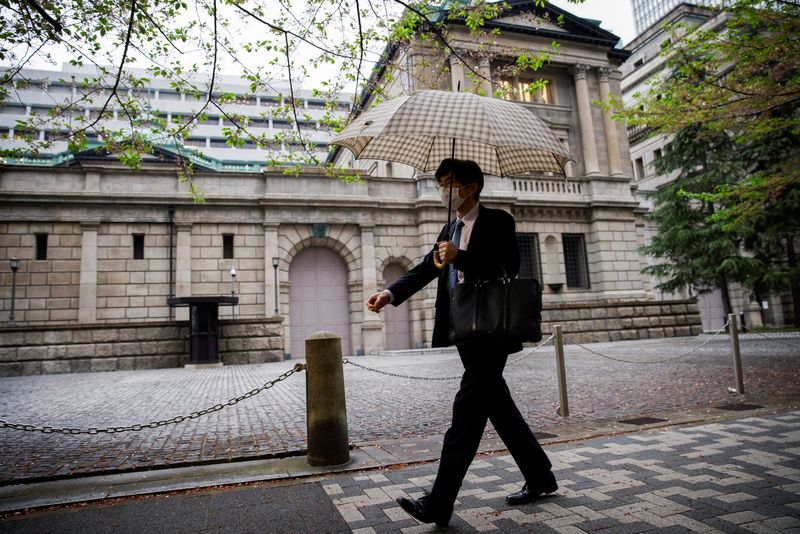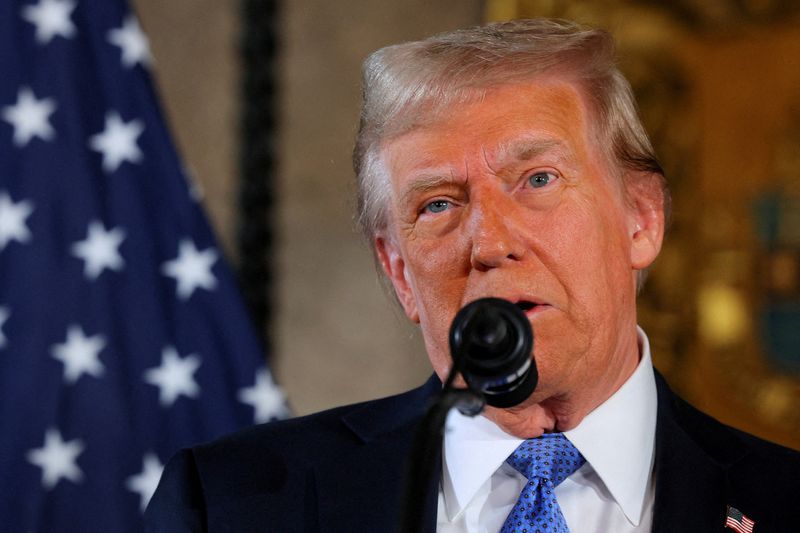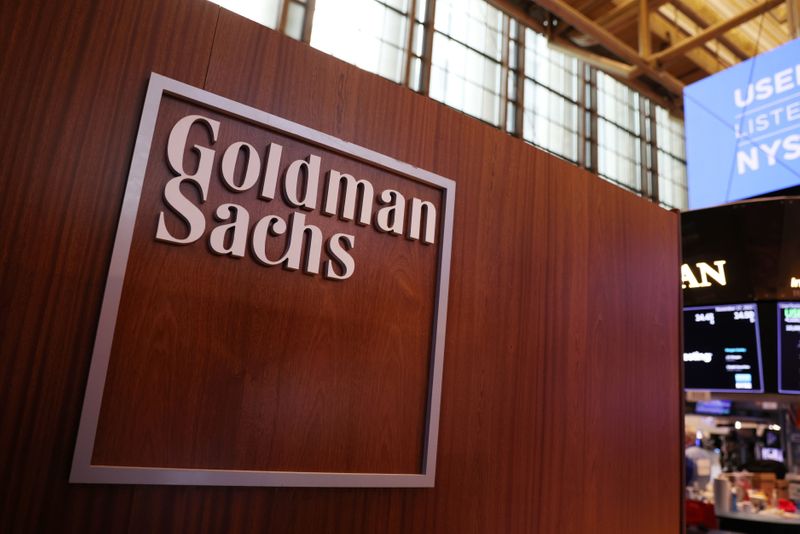
By Makiko Yamazaki, Leika Kihara and Kentaro Sugiyama
TOKYO (Reuters) – Japan’s small firms are spending far more of their profits on wages than their bigger counterparts and could struggle to keep hiking pay, casting doubt on whether wage gains could broaden enough for the central bank to keep raising interest rates.
Next (LON:NXT) year’s wage prospects are crucial for sustaining a consumption-led recovery – a prerequisite for further rate hikes by the Bank of Japan (BOJ).
While Japan has succeeded in getting companies to finally deliver the kinds of pay hikes it has been pushing for years, the uneven corporate pay burden now complicates the BOJ’s plans to lift interest rates away from historic lows.
Policymakers are now looking at whether smaller firms, which employ 70% of Japan’s workforce, can continue meeting such pay demands.
Ito Tekko, a casting maker with about 100 workers in the city of Kawaguchi near Tokyo, has raised wages by more than 11% over the last two years as clients swallowed price hikes. However, its president Nobuhiro Ito is not certain such hikes could be repeated.
“We’re not sure what we are going to do next year,” he told Reuters. “We need to make substantial investment to renew our equipment. Big pay hikes would lead to a permanent rise in costs, so we need to be cautious.”
Questions over sustainable wage growth, coupled with threats of higher tariffs by U.S. president-elect Donald Trump, could prod the BOJ to hold off raising interest rates at its meeting next week.
Sources have told Reuters the BOJ is leaning toward keeping rates steady at its Dec. 18-19 meeting, as policymakers prefer to spend more time scrutinising next year’s wage outlook.
Japanese wages were stagnant for decades until 2022, when rising raw material costs pushed up inflation and piled pressure on firms to compensate employees with higher pay.
While big firms are already signalling readiness to keep hiking pay to attract talent, there is uncertainty on whether smaller firms can follow suit as many lack the global reach and competitive advantage their larger rivals enjoy.
Small and midsized enterprises (SMEs) already spend around 70% of their profits on wage costs, much higher than about 40% for big firms, according to an estimate based on the finance ministry’s corporate survey for July-September released last week.
A recent survey showed while 68% of SMEs hiked wages this year, a majority did so out of necessity – such as to retain workers – rather than reflecting improved earnings.
The survey by the Japan Chamber of Commerce and Industry (JCCI) also showed many SMEs saying labour costs were harder to pass on compared with rising raw material and energy costs.
“Smaller firms have to stretch their limits to raise pay because otherwise, they won’t be able to retain workers. But this is unsustainable,” said Kazuaki Kojima, deputy general manager in charge of the survey.
UNCONVINCED
BOJ board member Toyoaki Nakamura is worried about the growing divergence between big or fast-growing firms capable of boosting pay, and most of the SMEs struggling to do so.
“I’m not convinced about the sustainability of wage growth,” Nakamura, a former Hitachi (OTC:HTHIY) executive, said in a speech last week, pointing to the still-weak profitability of SMEs.
It would also hurt Prime Minister Shigeru Ishiba’s already low approval ratings with rising living costs inflicting pain on households, many of whom have yet to see sufficient wage growth.
As part of efforts to prop up pay nationwide, Ishiba has pledged to lay out a plan by next spring to raise Japan’s minimum wage by 42% by the end of the decade.
Small firms that employ fewer than 300 workers agreed to hike pay by 4.45% this year, lower than 5.19% at bigger firms, according to a survey by labour union group Rengo.
Eager to narrow the gap, Rengo, which has about 7 million members, has set a wage hike target of at least 6% for SMEs in 2025, higher than its target of 5% or more for all firms.
Whether small businesses agree to such demands next year will be a key test for BOJ Governor Kazuo Ueda, whose bid to continue lifting rates is dependent on sustained wage growth.
“It’s important for wage hikes to spread not just to big firms but smaller firms,” for inflation to durably meet the BOJ’s 2% target, said a source familiar with the central bank’s thinking.
“There is still uncertainty on whether that will happen,” the source said, adding that it will be among topics of debate at next week’s policy meeting.



